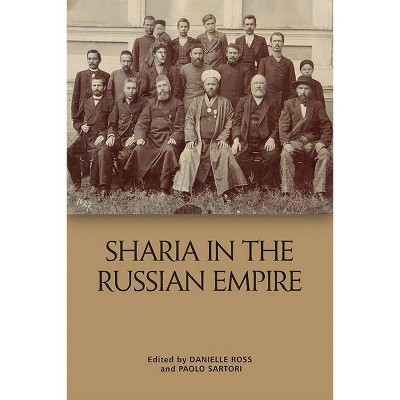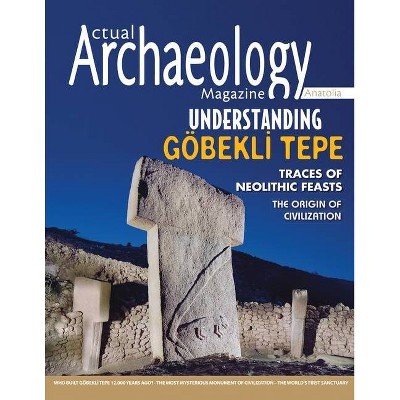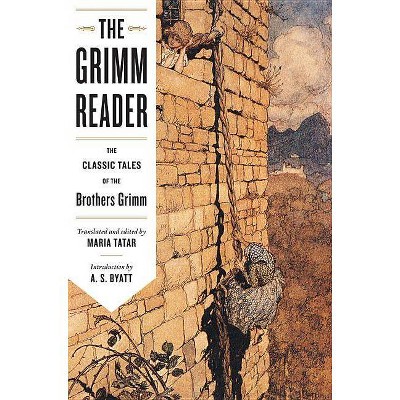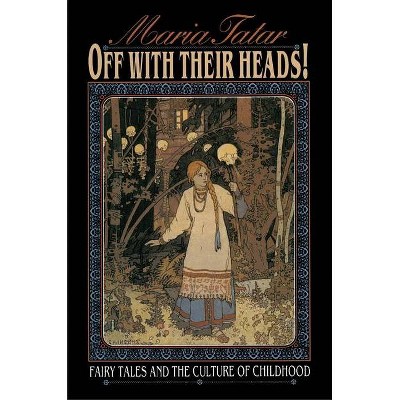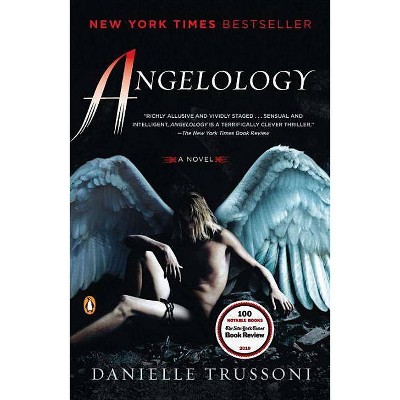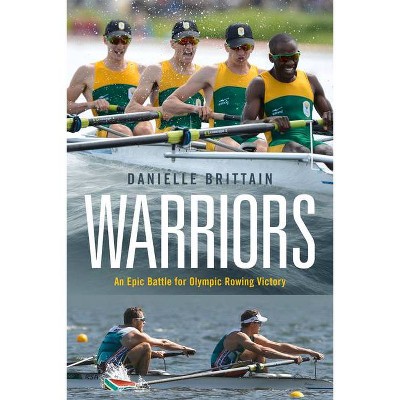Tatar Empire - by Danielle Ross (Paperback)
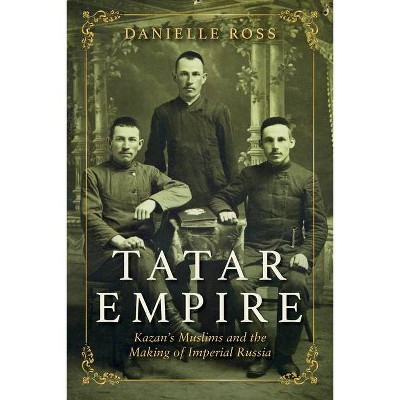
Similar Products
Products of same category from the store
AllProduct info
<p/><br></br><p><b> About the Book </b></p></br></br><p><ol> <li>This book examines the history of Russian Muslim society, an issue of perpetual interest for scholars and students at the yearly ASEEES conference.</li> <p> <li>The author, Danielle Ross's, ability to speak and research in fourteen languages offers extraordinary insight not available to most scholars. She gives readers a non-Russia perspective of the Russian expansion using Turkic and Arabic-language published and manuscript sources.</li> <p></p> <p> <li>The book will find audiences among scholars working on the history of Russian empire, Russian Muslim society, religion and the state in 17th-20th century Russia, and the history of Russian expansion.</li> <p></p></ol></p><p/><br></br><p><b> Book Synopsis </b></p></br></br><p>In the 1700s, Kazan Tatar (Muslim scholars of Kazan) and scholarly networks stood at the forefront of Russia's expansion into the South Urals, western Siberia, and the Kazakh steppe. It was there that the Tatars worked with Russian agents, established settlements, and spread their own religious and intellectual cuture that helped shaped their identity in the 19th and early 20th centuries. Kazan Tatars profited economically from Russia's commercial and military expansion to Muslim lands and began to present themselves as leaders capable of bringing Islamic modernity to the rest of Russia's Muslim population. Danielle Ross bridges the history of Russia's imperial project with the history of Russia's Muslims by exploring the Kazan Tatars as participants in the construction of the Russian empire. Ross focuses on Muslim clerical and commercial networks to reconstruct the ongoing interaction among Russian imperial policy, nonstate actors, and intellectual developments within Kazan's Muslim community and also considers the evolving relationship with Central Asia, the Kazakh steppe, and western China. <i>Tatar Empire</i> offers a more Muslim-centered narrative of Russian empire building, making clear the links between cultural reformism and Kazan Tatar participation in the Russian eastward expansion.</p></p><p/><br></br><p><b> Review Quotes </b></p></br></br><br><p>Ross offers a fascinating, well-researched narrative that fills an important lacuna in our understanding of Russia's engagement with Islam. As her clearly clearly shows, Ross engages not only with topics related to the study of Islam but also with some of the key themes of Russian history: Empire and Nation, Islam and Modernity, and the way empire worked by mutual relations and not by a unidirectional vector of power and control. Her study of the Machkaran network of scholars provides an important corrective to an image of Islamic reform dominated by Central Asian and Crimean Jadidism; it is bound tostimulate further research.</p>--Orel Beilinson "Euraian Geography and Economics"<br><br><p>This is a rich study that makes important contributions to the historiography of the Russian Empire, sharpening our picture of an empire in which lines between colonizer and colonized were far from clear.</p>-- "The Middle Ground Journal"<br><p/><br></br><p><b> About the Author </b></p></br></br><p>Danielle Ross is Assistant Professor of Asian History at Utah State University.</p>
Price History
Price Archive shows prices from various stores, lets you see history and find the cheapest. There is no actual sale on the website. For all support, inquiry and suggestion messagescommunication@pricearchive.us
